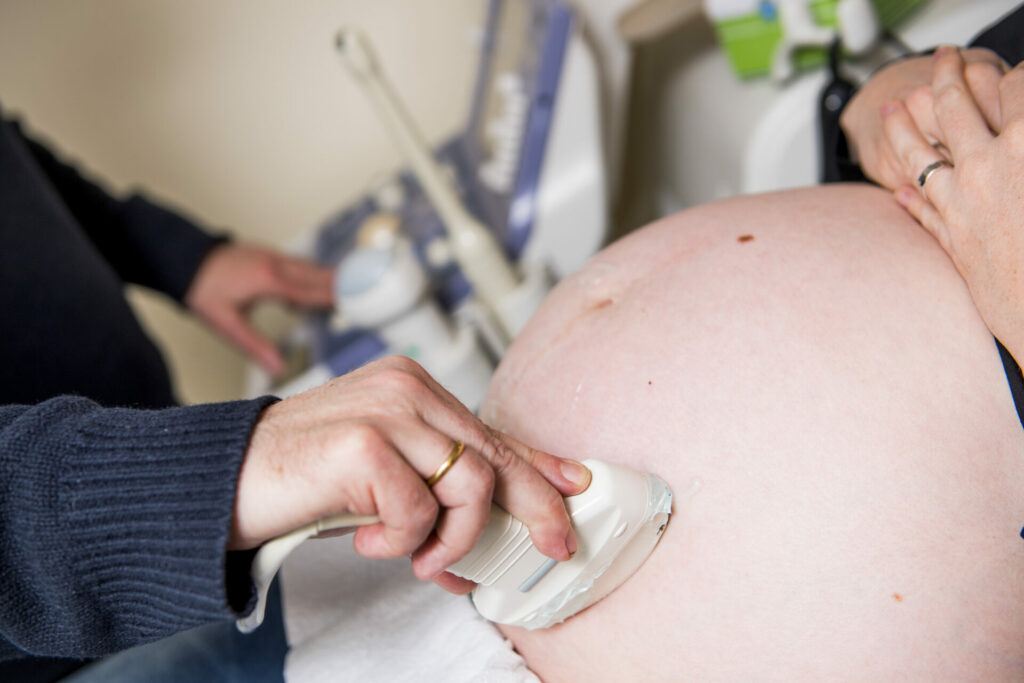Many long-term contraceptives are free for women in Belgium up until the age of 25, but after this age, they are forced to pay the price for the products which in some cases can lead to unwanted pregnancies.
Contraceptives such as the pill or the implant became free for women up until the age of 25 in April 2020, raising the age from 21, as part of the healthcare budget for 2020, approved late last year. As part of this measure, the age limit for the reimbursement of the morning-after pill was removed, meaning it is always free, regardless of age.
One MP, Els Van Hoof (CD&V) has prepared a bill which, if approved and implemented, will make long-term contraception cheaper for all women, even after the age of 25. She argued that, for women who have had an abortion, it should even become completely free.
Long-term contraceptives such as the coil (a small, often T-shaped birth control device that is inserted into the uterus to prevent pregnancy) have become popular alternatives to the pill, but are usually more expensive, especially when placed by a gynaecologist. In this case, the costs can run up to almost €500.
Until now, women over 25 or those who are not eligible for the increased allowance, which results in a larger part of the cost being reimbursed, pay the product's purchase price, the consultation and the placement of the contraceptive.
Two-phased approach
Van Hoof wants to remove the financial barriers to long-term contraception in two phases. In the first phase, the placement of such a product will be free if the placement after an abortion is done in a centre for the medical and psychosocial counselling of unwanted pregnancies, as is already the case today in the Netherlands.
Related News
- Belgian men turned off by the idea of a male contraception pill
- Women in France to get morning-after pill for free, announces health minister
"The bill prioritises this group, which we see as having the biggest urgency because a first abortion is often followed by a second one." In a second phase, the placement of a long-term contraceptive would become free for all women and an extension of the allowance for the purchase price should be considered.
Considering making contraceptives free until the age of 25 and making the morning-after pill accessible for all ages costs the government around €7 million a year, it remains to be seen whether there will be broad support for the measure.

